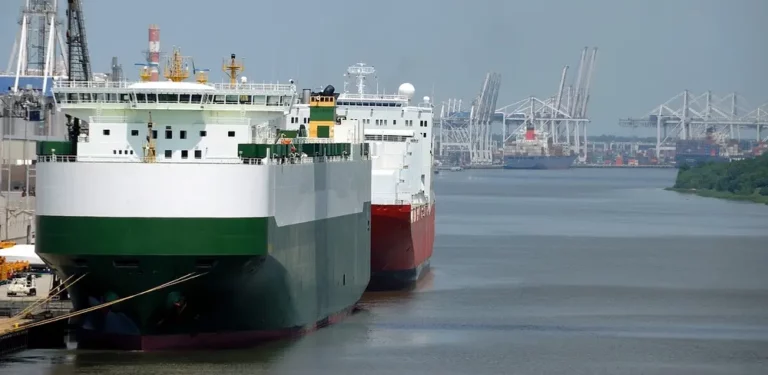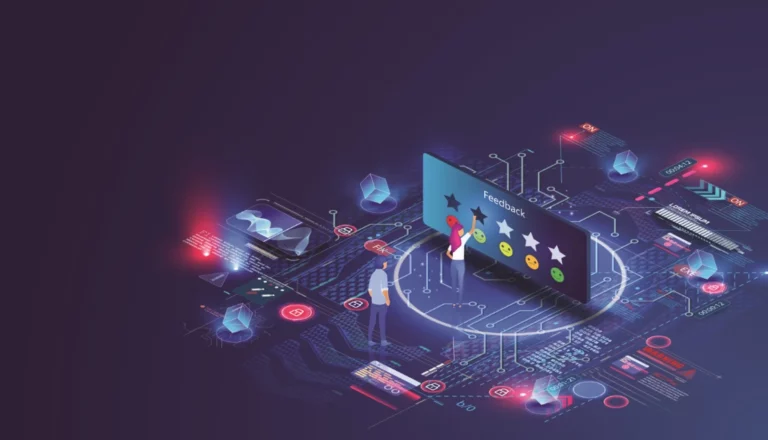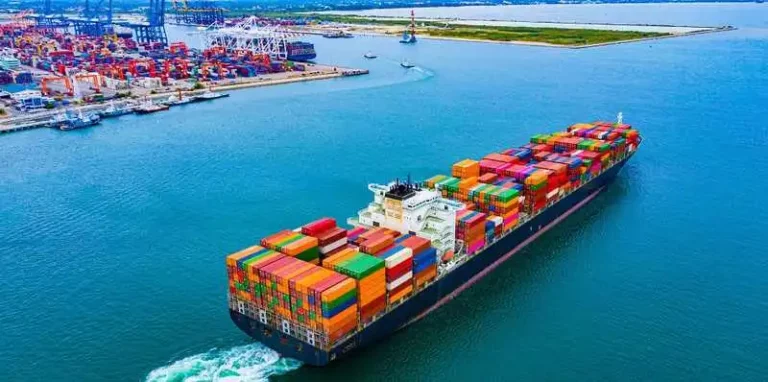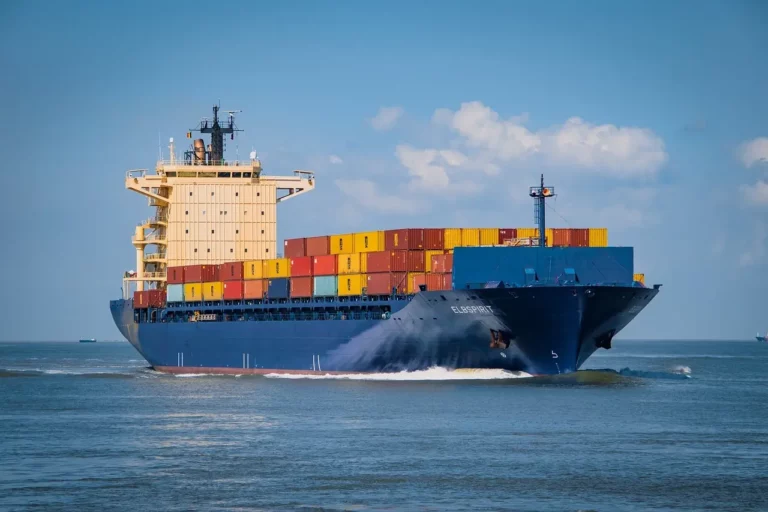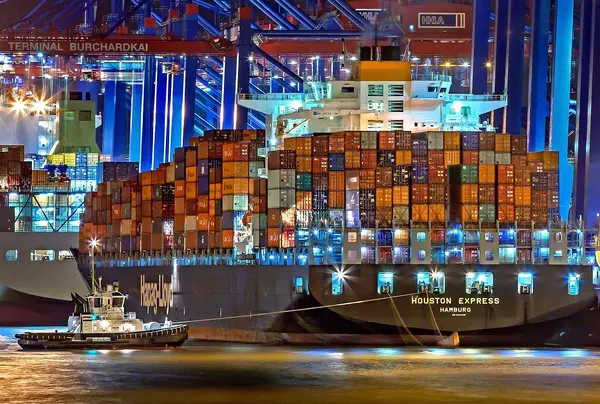Optimizing Supply Chains: The Crucial Role of Transportation Management
A staggering 60% of total supply chain costs can be attributed to transportation. But why is that? This is because transportation delays can cost companies billions. A study by the American Productivity & Quality Center (APQC) found that transportation delays can cost businesses an average of 8% of their annual sales. Research by McKinsey & Company suggests that a 10% reduction in transportation costs can lead to a 2-3% increase in company profits. These facts reflect the importance of efficiently moving goods and materials for business success.
Supply chain management and transportation are closely intertwined. Transportation is the backbone that enables the physical flow of goods across the supply chain network. As companies strive to gain a competitive edge, integrating transportation strategies with broader supply chain operations has become increasingly important for optimizing operational efficiencies and driving growth. But GoComet can make this important task an easy task for you. Our cutting-edge platform leverages AI and real-time data to optimize your logistics operations, minimize delays, and maximize efficiency. Discover how GoComet can help you achieve a competitive edge and boost your profitability.
Overview of Transport and Supply Chain Management
Supply chain management is not as easy as you think (Unless you are a GoComet user of course). It is the combined result of planning, coordinating, and controlling the flow of goods, services, and related information from suppliers to end-users. It encompasses various functions such as sourcing, procurement, production, logistics, and distribution. Transportation, on the other hand, plays a vital role in facilitating the physical movement of these goods and materials across the supply chain.
Effective transportation management ensures the timely delivery of raw materials to manufacturers, the distribution of finished products to retailers, and ultimately, the satisfaction of customer demand. If you are a visionary who wants to have a significant impact on a company’s bottom line, customer satisfaction, and overall competitiveness in the market, then a well-designed transportation strategy is what you need.
The Role of Transportation in Supply Chain Operations
Critical Functions of Transportation in Logistics
If you put a fully functional transportation system in place, It will take care of several critical functions within the supply chain, enabling the smooth flow of goods and materials. These functions can be:
1. Bridging Geographical Gaps: Transportation overcomes the obstacles posed by geographical separation by connecting suppliers, manufacturers, distribution centers, and customers across vast distances. It expands your connectivity with the entire world.
2. Facilitating Just-in-Time Delivery: Effective transportation management allows companies to adopt just-in-time (JIT) delivery models, reducing inventory costs and minimizing waste.
3. Enabling Global Trade: With the rise of globalization, transportation has become essential for international trade, facilitating the exchange of goods and services across borders.
4. Providing Flexibility and Responsiveness: A robust transportation network makes you future-ready. How? It equips supply chains with the agility to respond to changing market conditions, customer demands, and unforeseen disruptions.
Benefits of Integrating Transportation with Supply Chain Management
Now we know how crucial transportation and supply chain management are to a business. But if we integrate these two to make the ultimate Transportation Management System, we will get several benefits, with efficiency and cost reduction being the primary drivers:
- Optimized transportation routes, modes, and scheduling can minimize transportation costs, reduce lead times, and streamline the overall flow of goods.
- Effective transportation management can mitigate the risk of delays, stockouts, and excess inventory, further contributing to cost savings and operational efficiencies.
Transportation Management Systems (TMS) and Their Impact
Features and Benefits of a TMS
Transportation Management Systems (TMS) are software platforms designed to plan, execute, and optimize the physical movement of goods across the supply chain network. These systems offer a range of features and benefits:
1. Route Optimization: By leveraging algorithms and real-time data, a TMS can identify the most efficient routes, considering factors such as traffic patterns, weather conditions, and delivery schedules.
2. Load Consolidation: TMS solutions enable companies to consolidate shipments, reducing the number of trucks on the road and minimizing transportation costs.
3. Carrier Selection and Management: With a TMS, businesses can streamline the process of selecting and managing carriers, ensuring compliance with regulations and negotiating favorable rates.
4. Visibility and Tracking: Real-time visibility into shipment locations and estimated arrival times empowers supply chain managers to proactively address potential disruptions and keep customers informed.
5. Analytics and Reporting: TMS platforms provide valuable insights and performance metrics, enabling data-driven decision-making and continuous improvement initiatives.
Current Trends in Transportation and Supply Chain Management
Technological Innovations Shaping the Industry
The world is not the same as it was ten years ago. Everything around us is experiencing this change. The transportation and supply chain management landscape is also undergoing rapid transformation driven by technological advancements. Some notable trends shaping the industry are:
1. Internet of Things (IoT) and Telematics: The integration of connected devices and sensors into transportation assets (e.g., trucks, containers, trailers) enables real-time monitoring, predictive maintenance, and enhanced visibility across the supply chain.
2. Artificial Intelligence (AI) and Machine Learning: This is the Age of AI. AI algorithms are revolutionizing route optimization, demand forecasting, and predictive analytics, empowering supply chain managers to make more informed decisions.
3. Autonomous Vehicles and Drones: The advent of self-driving trucks and delivery drones has the potential to disrupt traditional transportation models, promising improved efficiency, reduced labor costs, and enhanced safety.
4. Blockchain Technology: Blockchain-based solutions are enhancing supply chain transparency, traceability, and data integrity, facilitating secure and transparent transactions across the entire network.
Also Read: Understanding the Importance of Traceability in Supply Chains
Future Projections for Transportation and Supply Chain Integration
As the world continues to evolve, the integration of transportation and supply chain management is expected to become even more critical. Industry experts and research organizations have identified several emerging trends and predictions:
1. Sustainability and Green Logistics: The transportation and logistics industry is likely to prioritize sustainable practices, such as reducing carbon emissions, optimizing fuel efficiency, and embracing alternative energy sources.
Speaking about sustainability, Try GoTrack’s Carbon Emissions Tracker in setting, tracking, and celebrating your milestones, keeping you on course to a greener future.
2. Omnichannel Fulfillment and Last-Mile Delivery: The rise of e-commerce and consumer expectations for rapid delivery will drive the need for optimized last-mile logistics and seamless omnichannel fulfillment strategies.
3. Supply Chain Resilience and Risk Management: Building resilient and agile supply chains that can withstand unexpected disruptions is expected to become a priority, driven by lessons learned from events like the COVID-19 pandemic.
4. Collaborative Logistics and Shared Networks: Companies may embrace collaborative logistics models, sharing transportation assets, resources, and data across supply chain partners to enhance efficiency and reduce costs.
Strategies for Optimizing Transportation in Supply Chains
Best Practices for Logistics Managers
To optimize transportation within their supply chains, logistics managers should consider the following best practices:
1. Implement a robust Transportation Management System (TMS): Leveraging TMS solutions can streamline transportation planning, execution, and optimization, providing real-time visibility and enabling data-driven decision-making.
2. Embrace Multimodal Transportation: Utilizing a combination of transportation modes (e.g., air, rail, ocean, and road) can help balance cost, speed, and environmental considerations based on specific needs.
3. Foster Collaborative Relationships with Carriers and Logistics Providers: Building strong partnerships with trusted carriers and third-party logistics providers can unlock opportunities for better rates, improved service levels, and shared expertise.
4. Continuously Monitor and Analyze Transportation Performance Metrics: Regularly reviewing key performance indicators (KPIs) such as on-time delivery rates, transportation costs, and carrier performance can identify areas for improvement and drive continuous optimization efforts.
5. Invest in Talent Development and Training: Equipping logistics professionals with the necessary skills and knowledge through ongoing training and certifications can help organizations stay ahead of evolving industry trends.
Conclusion
In supply chain management, transportation stands most crucial and propels the lifeblood of goods and materials across vast stretches of land and sea. Mastering the transportation strategies within the broader supply chain is a game-changer, unlocking a world of untapped potential for businesses to soar to new heights of efficiency, cost-effectiveness, and competitive dominance.
In this era of unprecedented change and disruption, those who dare to pioneer the integration of transportation strategies with the broader supply chain tapestry will emerge as the true champions, weaving a masterpiece of logistical excellence.
To learn more about optimizing transportation in your supply chain operations, schedule a personalized demo with GoComet to explore our cutting-edge software solutions.

